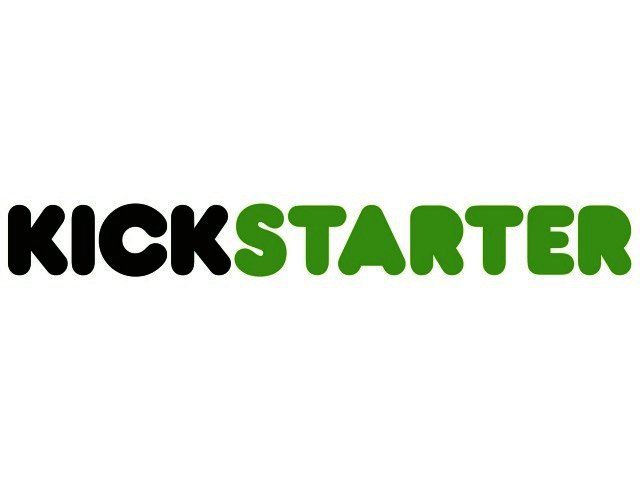University funded report says 65% of Kickstarter campaigns deliver
By Robin-Leigh Chetty 8 December 2015 | Categories: news
While companies such as Samsung, Apple and Google have the market cornered on large scale innovation, the Kickstarter crowdfunding platform has always been a way for smaller innovative ideas to get off the ground. That said, not all projects on the service see the light of day and as such has led some to question whether some projects are indeed scams, with backers never receiving a refund on their investment.
To investigate this further, Kickstarter recently published an independent study conducted by the University of Pennsylvania that aimed to discover how many Kickstarter backers get a return on investment.
The report is quite comprehensive and dense but there are a few noteworthy bullet points. First and foremost, the University of Pennsylvania's Professor Ethan Mollick questioned a total of more than 500 000 backers, focusing on "outcomes and backer sentiment" according to Kickstarter. From his findings he discovered that 9% of Kickstarter campaigns fail to deliver on the rewards it promises. Also intriguing, is that 8% of dollars (American) spent on pledges, went to campaigns that failed. As such, the correlation between failure to reward backers and the project being unsuccessful are quite close.
Added to this, projects that raised lower than $1000 had a higher rate of failure than those that received more than $1000 in pledges. Perhaps the most important finding is that 65% of Kickstarter backers either agreed or strongly agreed that their respective reward was delivered in time.
These figures might not do anything to sway some opinion about Kickstarter's 'scam' status, but see the full report findings here.
Most Read Articles

Have Your Say
What new tech or developments are you most anticipating this year?



